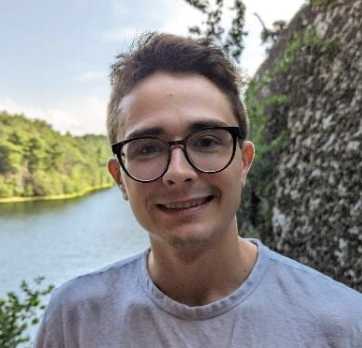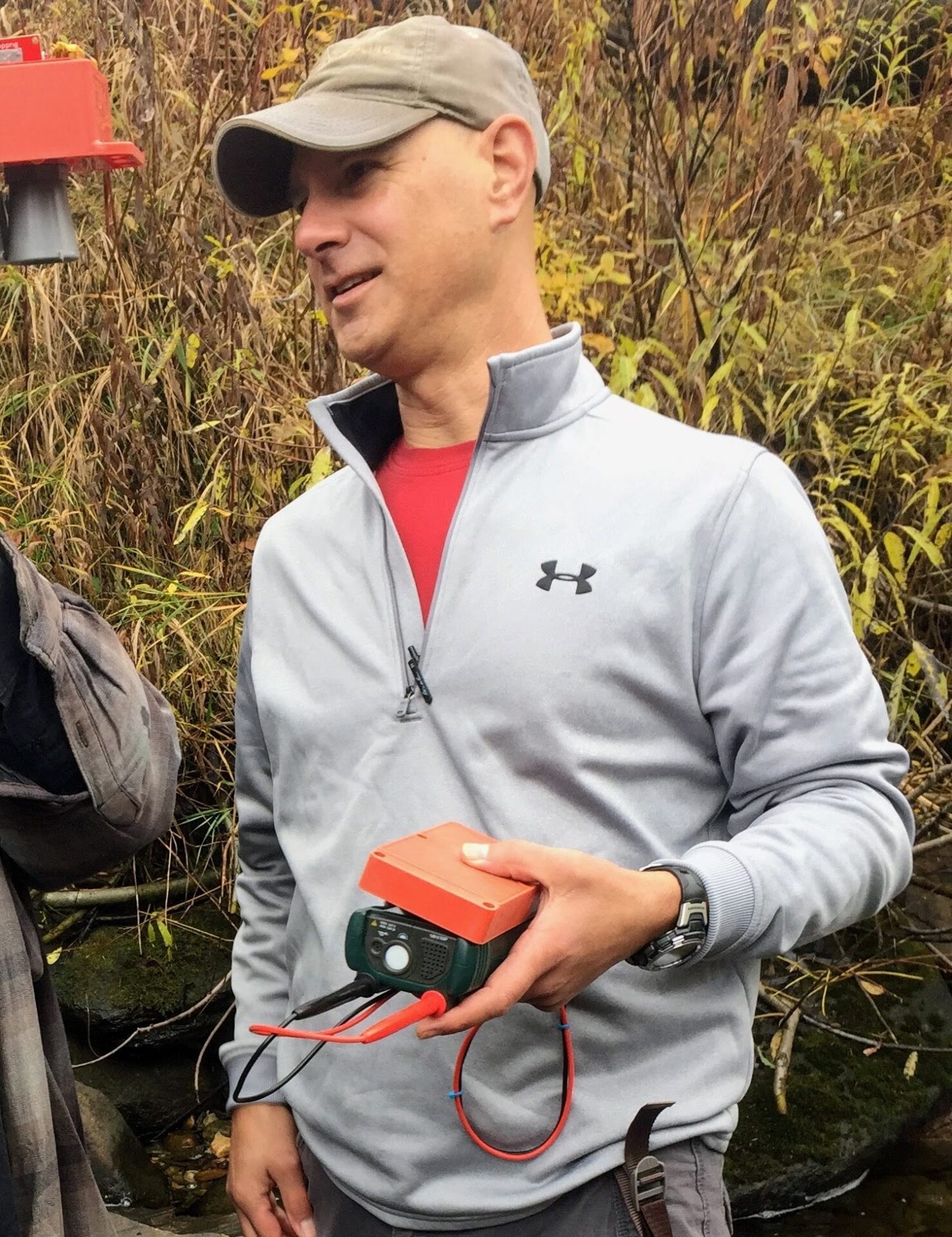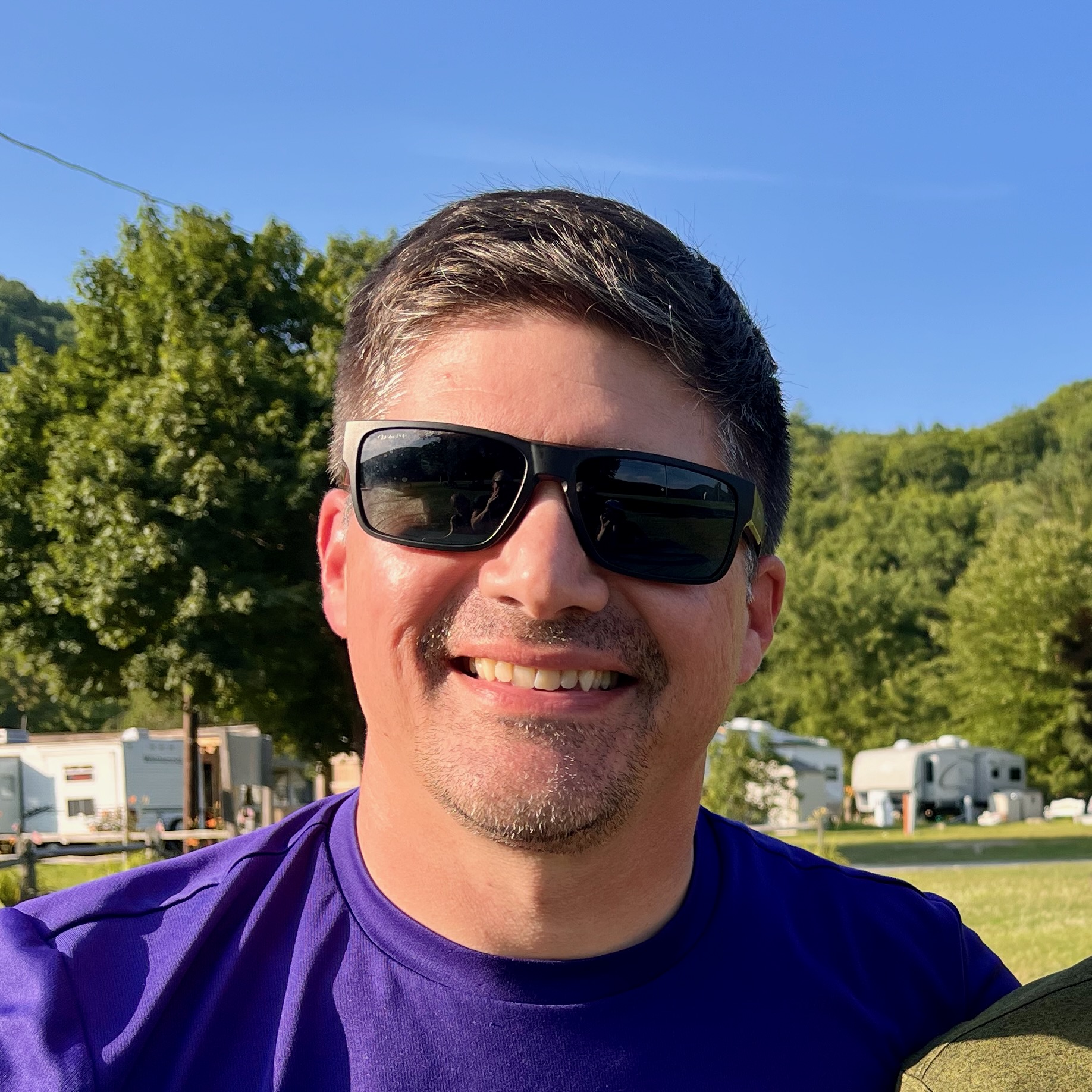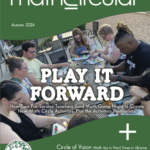When picturing a college science class, many people may recall long lab sessions, rigorous training, and extensive lab reports. This past summer, however, this stereotype was broken. As part of the Summer Science Program at Williams College, an environmental field methods class was taught entirely with social media as the medium, with equal emphasis on research communication as the science itself.
Inspired by talkSTEM – a nation-wide movement dedicated towards empowering youth by leveraging short-form video – this class originated from a conversation between Williams College geomorphologist professor and director of Summer Sciences, José Constantine, and Koshi Dhingra, founder and CEO of talkSTEM and expert on all things STEAM in the media. In the conversation, Koshi noted the potential that video creation has to engage students not only within the classroom setting, but also in experiencing everyday life – allowing them to feel empowered to ask original questions and tackle big problems. However, talkSTEM had historically been targeted at youth, K-12. That is, until professor José Constantine had an idea:
What if we apply this same emphasis on communication to a college-level class?
These conversations quickly turned into José assembling the necessary crew to teach such a class, which included recent Williams geosciences graduate Syl Foisy, as well as environmental analysis expert Jay Racela. Foisy, an incoming PhD student at Columbia University’s Department of Earth & Environmental Sciences, and TikTok content creator with over two million followers (@syl_foisy), quickly jumped onboard. Racela, the head of the environmental analysis lab at Williams College and frequent host of environmental science labs, was also quick to join the cause. Finally, rising junior at Williams Natalia Avila-Hernandez rounded out the squad, bringing extensive experience as an environmental lab Teaching Assistant.
It was finally time to make this class a reality.
On July 22nd, seven students from across the United States entered this brand-new Environmental Field methods class. At first, the students were given a typical introduction to environmental sciences– highlights of environmental justice, deep time perspective, and the importance of understanding intersections between landscapes, water, and humans. Next, however, for perhaps the first time in a Williams College science class the students were asked to take their phones out, and start scrolling on social media.
By the end of the first class, the students had become proficient in CapCut, a widely-popular and free video editing app, and were challenged with their first assignment: creating a two-minute video documenting a local water-related process, with complete freedom on approach. This decision to have such an open-ended first assignment was intentional, inspired by talkSTEM’s central mission– to help foster the individual perspective which is typically overlooked in traditional science classes. When finished, each student uploaded their video to a shared Google Drive folder, as part of a larger Google Drive class folder.
The next class, the students eagerly awaited as their videos were shown to the rest of the class on a projector in a judgment-free space, each bringing unique perspectives and new angles on the water cycle in the Williamstown, MA area. This roughly 30 minute showcase was filled with laughter and highly engaged eyes. For many students, this was the first time they had edited a video– let alone one that was shown on a big screen in front of class. After a short editing feedback session, the students were brought to a local river for their first lab.
Throughout the remainder of the class, the class returned to a more traditional structure of a science class, with weekly labs, with one large exception.
Instead of turning in lab reports, the students turned in social media videos.
Each week, the students were challenged to compress and share what they had discovered in the previous week’s lab, presenting what they learned in a way that made the information accessible. During one of the weeks, each student was assigned a different target audience for their lab video to appeal to. For example, one student was tasked with creating a coliform analysis lab video that appealed to a science skeptic/flat earther– not an easy task. Their solution? Start the video with:
“Do you have mistrust in big corporations? You may be onto something. Let’s go perform a filter membrane coliform analysis on this water and see what’s really in there.”
This equal emphasis on both learning and sharing the science forced the students to get creative and find ways to bridge the famous gap that often exists between communities and science, while fostering their unique voice and perspectives as scientists.
After the last lab was complete and the class neared its close, one final challenge remained: a class-long research project culminating in a documentary film contrasting the water ecosystems in each student’s hometown to that in Williamstown, MA. These documentary research style videos debuted at the inaugural Williams College Summer Science Film Festival, as the final crescendo of the class. During the festival, each student shared their film to the entire cohort of summer science students, and fellow Williams College faculty, followed by a Q & A panel where they could share their experiences with the class and their creative processes for their films.
As the class came to a close, some students reflected on the class, and how it shifted their perspective on science communication and enhanced their learning experience. One thing was for certain. If this class was an Instagram post, it would be certain to go viral.
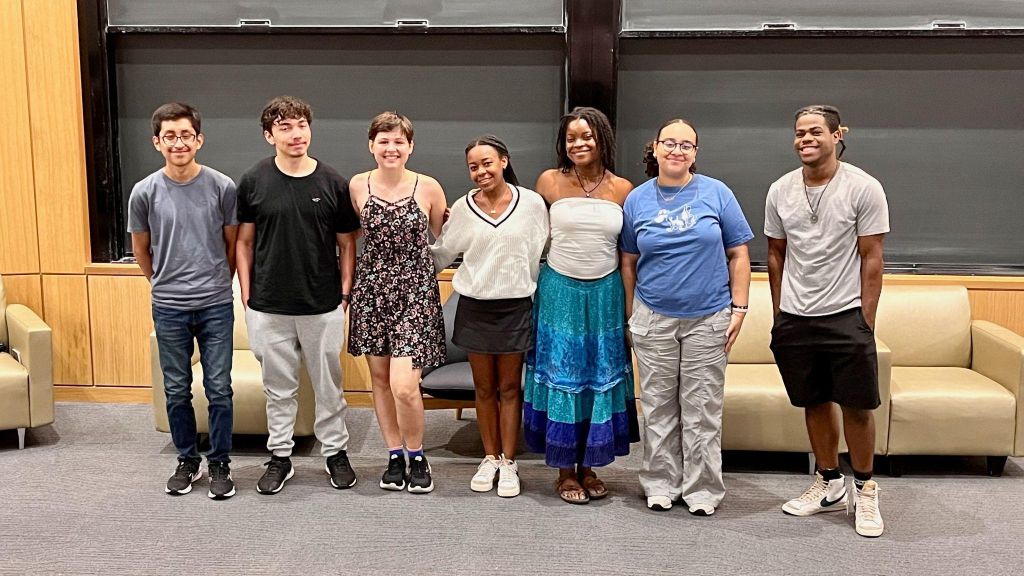
About the Authors
